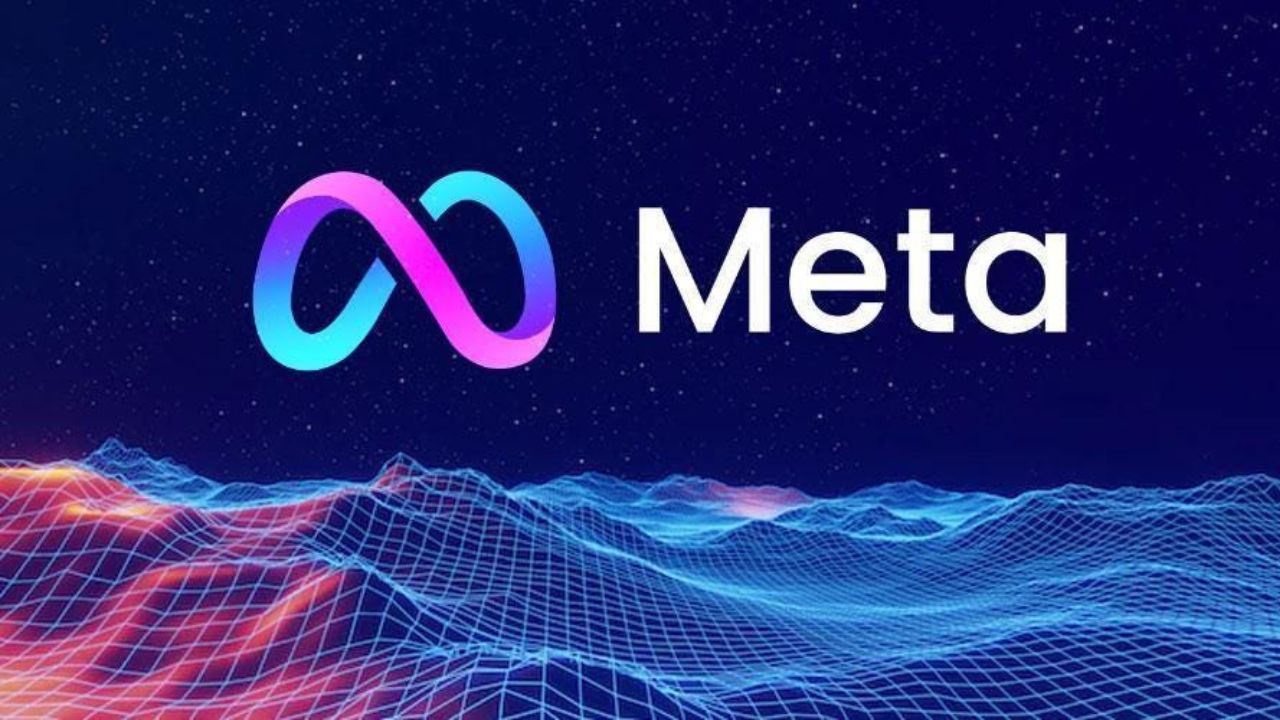Meta AI-Powered Image Tool and the Potential ‘Google Gemini Problem’
It has come under fire because Google’s Gemini depicts historical figures and groups, such as US Founding Fathers and Nazi-era German soldiers, as people of color, while Meta’s tool consistently fails to do so.

Meta AI-Powered Image Tool and the Potential ‘Google Gemini Problem’: There is a need for nuanced diversity in AI-generated images to avoid perpetuating stereotypes or misrepresenting historical facts due to Meta’s AI’s struggles with interracial images and Google’s Gemini’s historical inaccuracies.
According to a report by The Verge, Meta’s AI-powered image generator consistently fails to depict interracial couples and friendships accurately. Despite explicitly instructing otherwise, the tool cannot generate images of people of the same race when given simple prompts like “Asian man and Caucasian friend” or “Asian man and white wife.”
Meta AI-Powered Image Tool and the Potential ‘Google Gemini Problem’
It has come under fire because Google’s Gemini depicts historical figures and groups, such as US Founding Fathers and Nazi-era German soldiers, as people of color, while Meta’s tool consistently fails to do so.
In her extensive testing of Meta’s image generator, Mia Sato found that it struggled to create images based on simple prompts such as “Asian man and Caucasian friend” or “Asian man and white wife.” Despite explicit instructions to do otherwise, it produced pictures of people of the same race.
Also Read: Interim Budget 2024 Energizes Semiconductor and Display Technology Sectors
The Verge also noted subtle signs of bias in the generated images in addition to the tool’s inability to imagine Asian people standing next to white people. “Asian women” were consistently portrayed as East Asian-looking with light complexions, for example. As a result, it also generated several older Asian men while the Asian women were always depicted as young and added culturally specific attire when not prompted.
In a similar vein, Google’s Gemini AI tool has drawn criticism for its attempts to produce a “wide range” of results, which has resulted in historically inaccurate depictions. As part of their efforts to promote diversity, Google apologized for these “inaccuracies in historical image generation depictions.”
It is embarrassingly hard to get Google Gemini to acknowledge the existence of white people, according to a former Google employee who posted on X, formerly Twitter. Internet users received overwhelmingly non-white AI-generated images when requesting images of historical figures or groups. As a result, Google has restricted Gemini’s ability to create images based on historical prompts.
Meta has not responded to requests for comment on these findings. The company previously described Meta AI as being in beta and therefore prone to errors. It underscores the ongoing struggle to address biases in AI systems that Meta and Google face in accurately representing racial diversity in their AI image generators.
The development of these tools requires companies to carefully consider how diversity is incorporated into their AI-generated images, ensuring that their efforts are executed in a nuanced and historically accurate manner so that stereotypes and misrepresentations of history are not perpetuated.
Also Read: Introducing EVI: Hume’s Revolutionary Conversational AI with Emotional Intelligence
